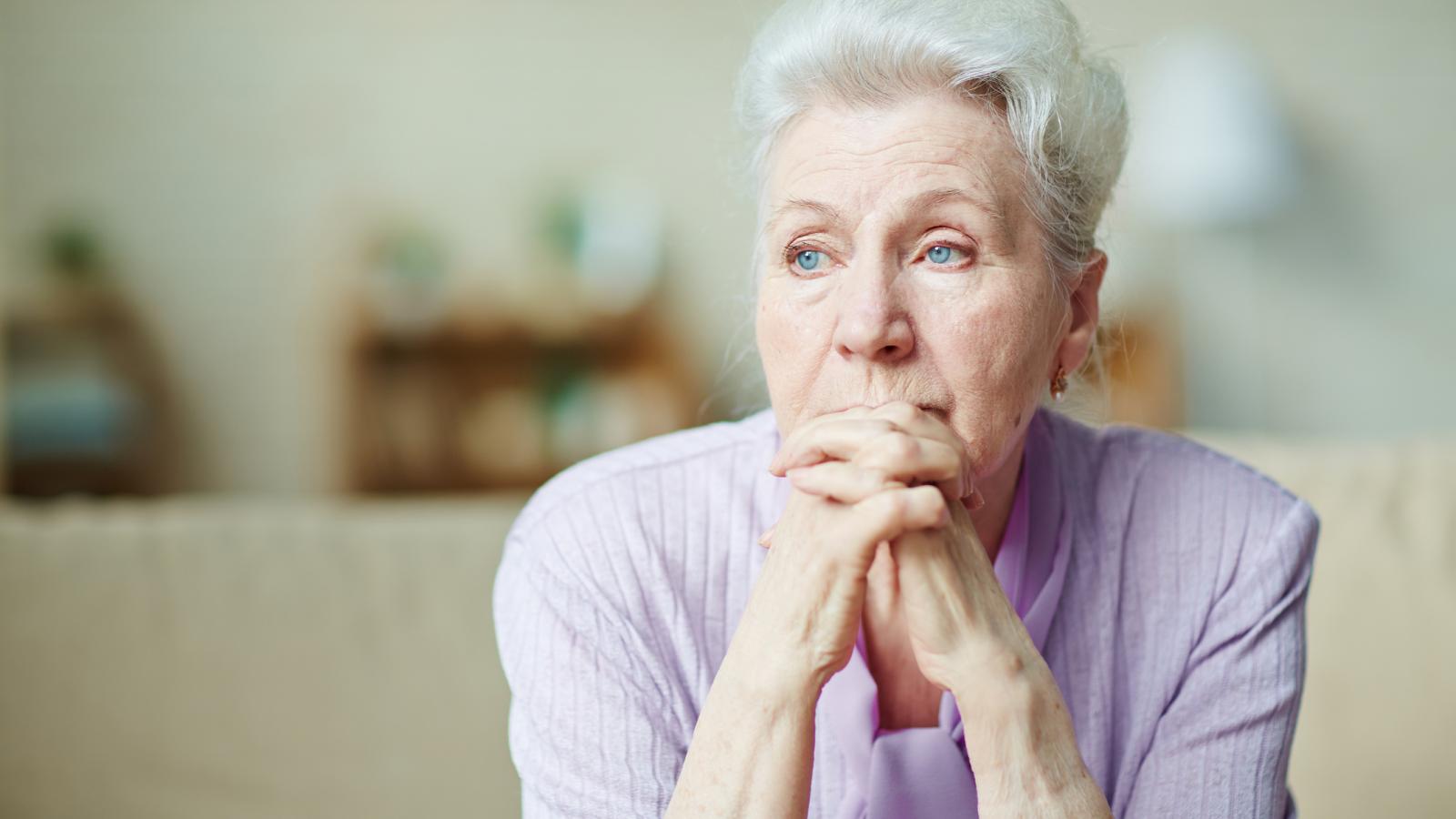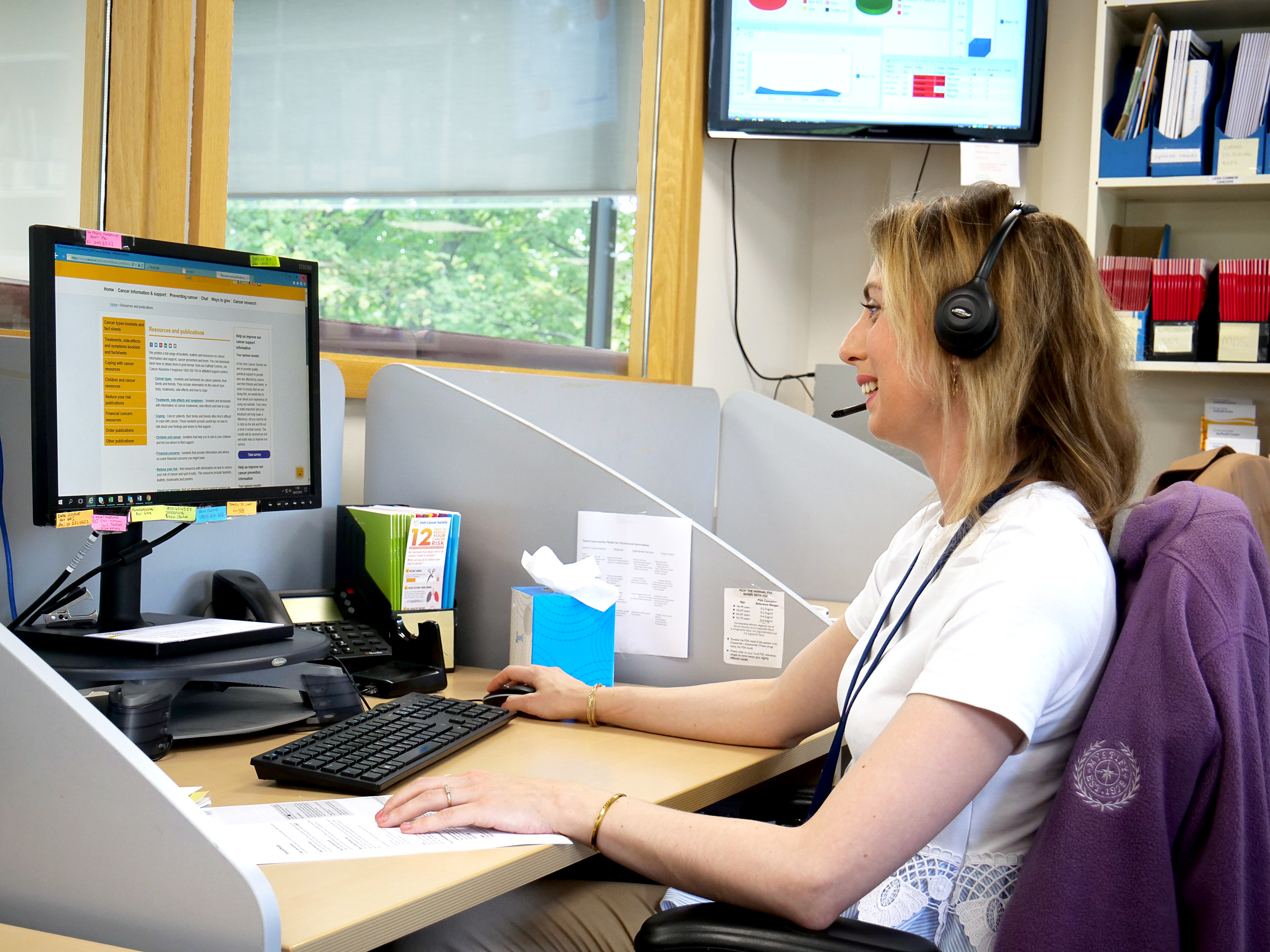Coping with a cancer diagnosis

It’s normal to feel upset when you are told that you have cancer. You are likely to experience a range of emotions throughout your diagnosis, treatment and recovery. These emotions or feelings are to be expected.
Reactions often differ from person to person and there is no right or wrong way to feel. You may feel:
- Shock and disbelief
- Fear and uncertainty
- Loss of control
- Sorrow and sadness
- Denial
- Anger
- Resentment
- Blame and guilt
- Withdrawal and isolation
Sometimes a cancer diagnosis can bring great distress and can cause anxiety and depression. Read more about anxiety and depression.
Feeling very up and down, as if you are on a rollercoaster ride, does not mean you are not coping. Understanding your feelings and emotions can help you learn to cope better. You may also feel more in control of your illness. It can take time to come to terms with your emotions, but most people learn to cope.
Please see our Understanding The emotional effects of cancer booklet for more information on the feelings. It may feel hard to believe, but a cancer journey can bring positive feelings too. You may experience great love, affection, closeness or gratitude. Experiencing cancer can even bring about personal growth and knowledge.

How do I cope with negative feelings?
Your emotions and wellbeing are just as important as your physical health. Remember, there is no right or wrong way to cope. Give yourself time to adapt and be patient. Try not to expect too much too soon and try to have realistic expectations.
There are many ways to help you cope with your emotions and anxieties. This can include a combination of talking, getting helpful information, trying relaxation techniques and doing other things that make you feel good.
There are support groups and cancer support services around the country that offer a range of services such as information, counselling, group therapy and complementary therapies.
Talking is one of the best cures when you are anxious, but it can be hard to do. You may feel awkward or embarrassed discussing how you really feel. Talking to a good listener can help, such as your partner, a close friend or relative.
For some, religion and spiritual beliefs – even peaceful meditation – can bring a lot of comfort.
Talking therapy
Talking openly about your feelings and emotions can be a huge help. There are many types of talking therapy available, such as psychotherapy and counselling. These can really help if you have anxiety and depression. It’s important to stick with the talking therapy for a least a few weeks. If you feel that it isn’t helping, ask your therapist or doctor about trying something else.
The road to healing and recovery is a personal one and you will learn many new things about yourself along the way. With the help of family, friends and the healthcare team, you can achieve a sense of physical and mental wellbeing over time.
Getting emotional support
Cancer doesn’t just affect your body. It can have a big impact on your thoughts and feelings. Getting emotional support can make a huge difference.
Find out about cancer support services in your area
Most provide a range of helpful services like counselling, complementary therapies, exercise programmes and other activities. They can also give you practical advice and support. Read more about cancer support services.
Join a support or educational group
You may find it very reassuring to talk to other people who are in a similar situation and facing the same challenges. Many cancer support centres have activities and groups where you can meet other people affected by cancer.
Ask about psycho-oncology services at the hospital
Hospital psycho-oncology services give cancer patients emotional and psychological support to help them cope. Your doctor, specialist nurse or medical social worker can refer you to psycho-oncology support services if they are available in your hospital.
Peer Support
Peer Support is a free and confidential telephone service connecting people with similar cancer experiences. If you have a cancer diagnosis, you can be matched with a Peer Support volunteer who has had a similar cancer journey. Peer Support volunteers are fully trained to provide emotional and practical cancer support in a safe, responsible and kind way.
Call 1800 200 700 for more information or visit a Daffodil Centre.
Get online support
Special websites called online communities let you write questions, share stories, and give and receive advice and support.
Join the Irish Cancer Society online community.
Talk things through
It can be a great weight off your mind to share your feelings and worries. You could talk to a friend or family member if you feel comfortable doing so.
You could also speak to the medical social worker at the hospital or to one of our cancer nurses. Or find out about free one-to-one counselling funded by the Irish Cancer Society.
Seek spiritual support
For some people spiritual and religious beliefs can bring comfort and hope. Practices such as prayer or meditation may help you to focus on what has value and meaning in your life.
If you need more information or help with finding support, call our Support Line on Freephone 1800 200 700 or drop into a Daffodil Centre.


